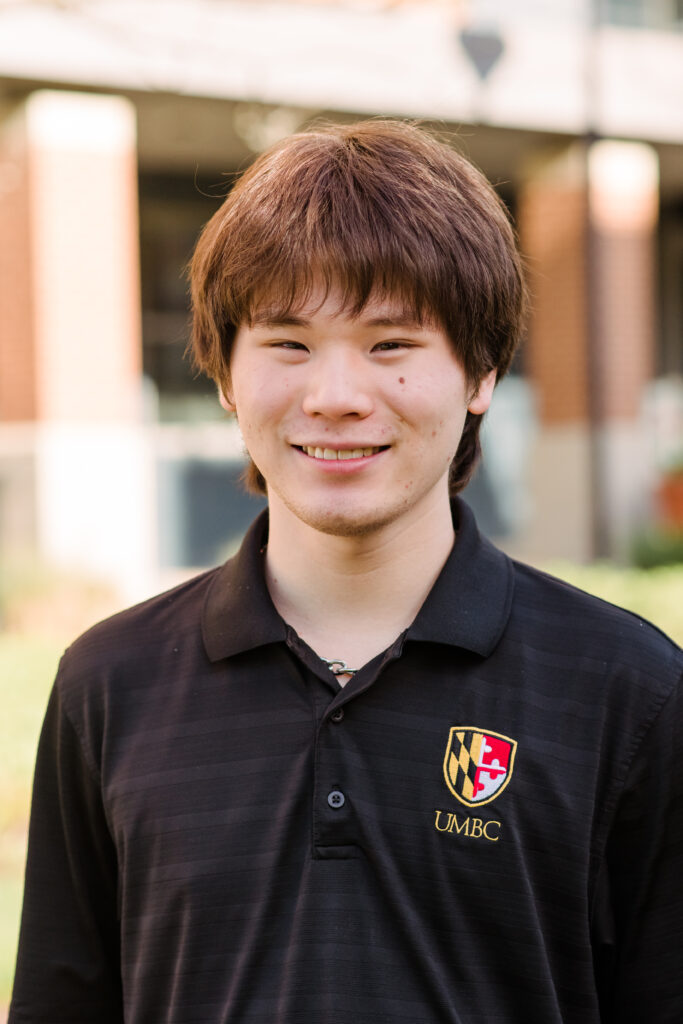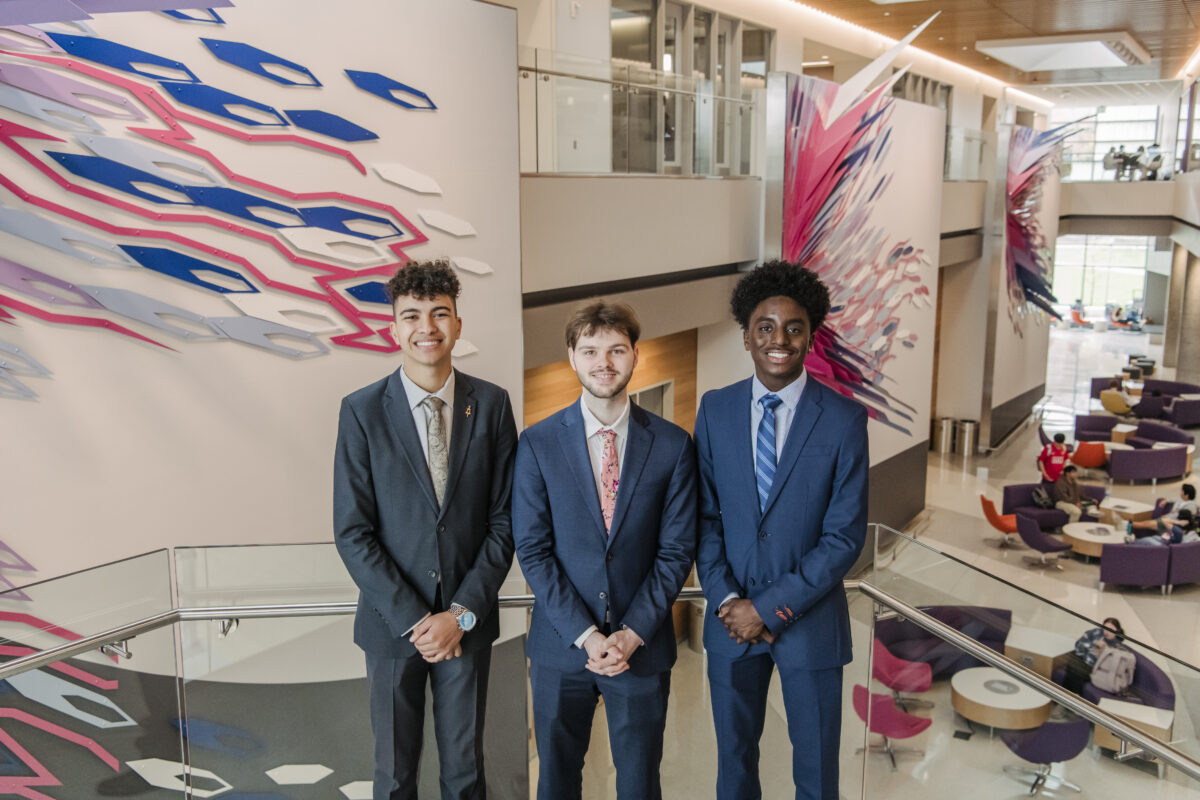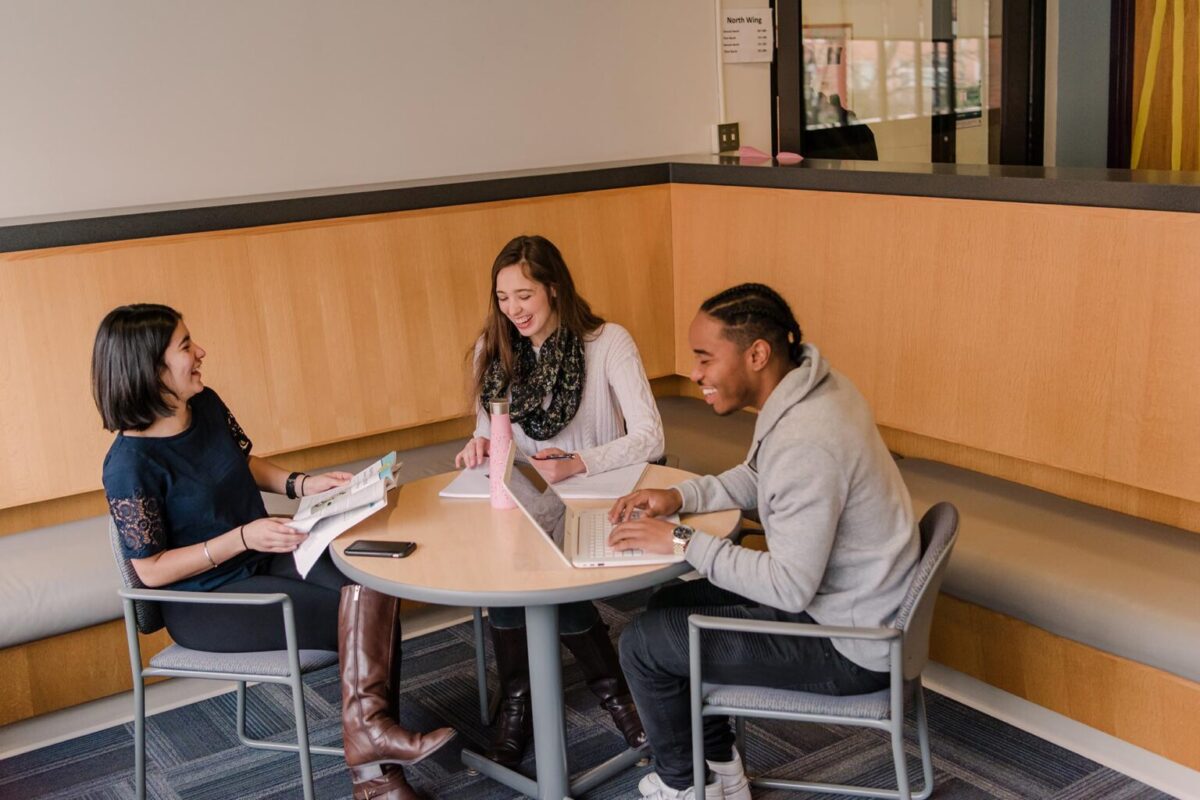Progress through Partnership
UMBC hosts a conversation with U.S. Secretary of Education Arne Duncan.
Note: This story was posted prior to the 2/18 campus event. A recap of the event, including video, will be posted shortly.
UMBCs national leadership in innovative teaching and K-12 partnerships makes the university a fitting choice to host A Conversation with Arne Duncan, scheduled for Wednesday, February 18, 2:30-3:30 p.m. This talk by U.S. Secretary of Education Duncan will focus on opportunities to continue strengthening education across the continuum, from early childhood through college.
UMBC community members, particularly students interested in teaching careers, are invited to attend this lecture in the Performing Arts and Humanities Building Concert Hall. Members of the public interested in learning about UMBCs collaborative work with K-12 schools are welcome as well. The event is free, but an RSVP is requested.
Secretary Duncan will highlight the U.S. Department of Educations K-12 priorities and Marylands role as a leader in core reforms. He will also share the significant progress made by U.S. schools, thanks to the commitment and collaborative leadership of parents, teachers, principals, school districts, and state officials who strive to help every student succeed in school and in life.
We are delighted with Secretary Duncans second visit to campus and his recognition of UMBC’s commitment to exceptional programs for both prospective and experienced teachers, shares Eugene Schaffer, professor and chair of education.
The focus of Secretary Duncans talk supporting students educational progress through partnership is core to what makes UMBC teaching programs so exceptional.
UMBC is fortunate to have many partnerships with K-12 education across a broad range of fields, reflects Dean Scott Casper of UMBCs College of Arts, Humanities, and Social Sciences.
Schaffer shares, We have worked with our partners from pre-K through high school from four surrounding school systems to develop unique programs in biology, chemistry and physics, as well as state- and nationally -recognized programs in the arts, humanities, elementary and early childhood education.
Secretary Duncan, Americas top education official, first visited the university last May, when he commended UMBC for our commitment to K-12 partnerships and outreach, in addition to a strong record of producing graduates committed to teach at high-need schools.
UMBC serves as a pipeline for K-12 teachers at a critical time for schools across the nation. Schaffer explains that at the graduate level this means working with partners to provide advanced degrees and specialized training to experienced teachers in mathematics, science, literacy and English as a Second Language. UMBC undergraduates aspiring to teaching careers also have a wealth of training and support opportunities, including the Sherman STEM Teacher Scholars Program and the TEACH (Federal Teacher Education Assistant for College and Higher Education) Grant Program.
The Sherman STEM Teacher Scholars Program is a selective scholarship program that identifies and nurtures students seeking to become math and science teachers serving high-need communities. The Sherman program teaches UMBC students to be empathetic to the complexity of students situations, while still serving as teachers who help them grow academically, says Rehana Shafi, director of the Sherman program.
We do this by sending our students into classrooms with teachers who are great mentors and role models, and by educating them about the challenges students in these communities face every day. They learn how to have sensitive conversations with students and to create meaningful lesson plans because they are geared toward the specific populations they serve.
About 75 percent of the Sherman programs graduates go on to teach students in communities that are financially challenged. Shafi adds that K-12 schools say one of the extra benefits of the program is the opportunity for UMBC students to talk with their students about how college is important and attainable. They demystify college and share what students need to do to prepare for it.
The TEACH Grant Program provides grants of up to $4,000 a year to students who are completing or plan to complete course work needed to begin a career in teaching. Students commit to teaching in a high-need field at an elementary school, secondary school or educational service agency that serves students from low-income families for at least four full academic years within eight years after completing (or ceasing enrollment in) their course of study.
The grant is critical to students ability to pursue their degree so they can go on to pursue a career in teaching, says Shafi. Many students would not have been able to continue their education without it.
Educational partnerships and teacher training for both UMBC students and professional teachers are an important part of UMBCs mission. Our school partnership programs help students develop into engaged citizens who understand the complex issues some K-12 students in Maryland are facing, Shafi shares. These programs provide thoughtful, meaningful and reflective training experiences. At UMBC, it is important for us to leave campus, go out to communities, and help make a difference. Its part of who we are as a university.
(02/16/2015)
© University of Maryland, Baltimore County 1000 Hilltop Circle, Baltimore, MD 21250 410-455-1000



